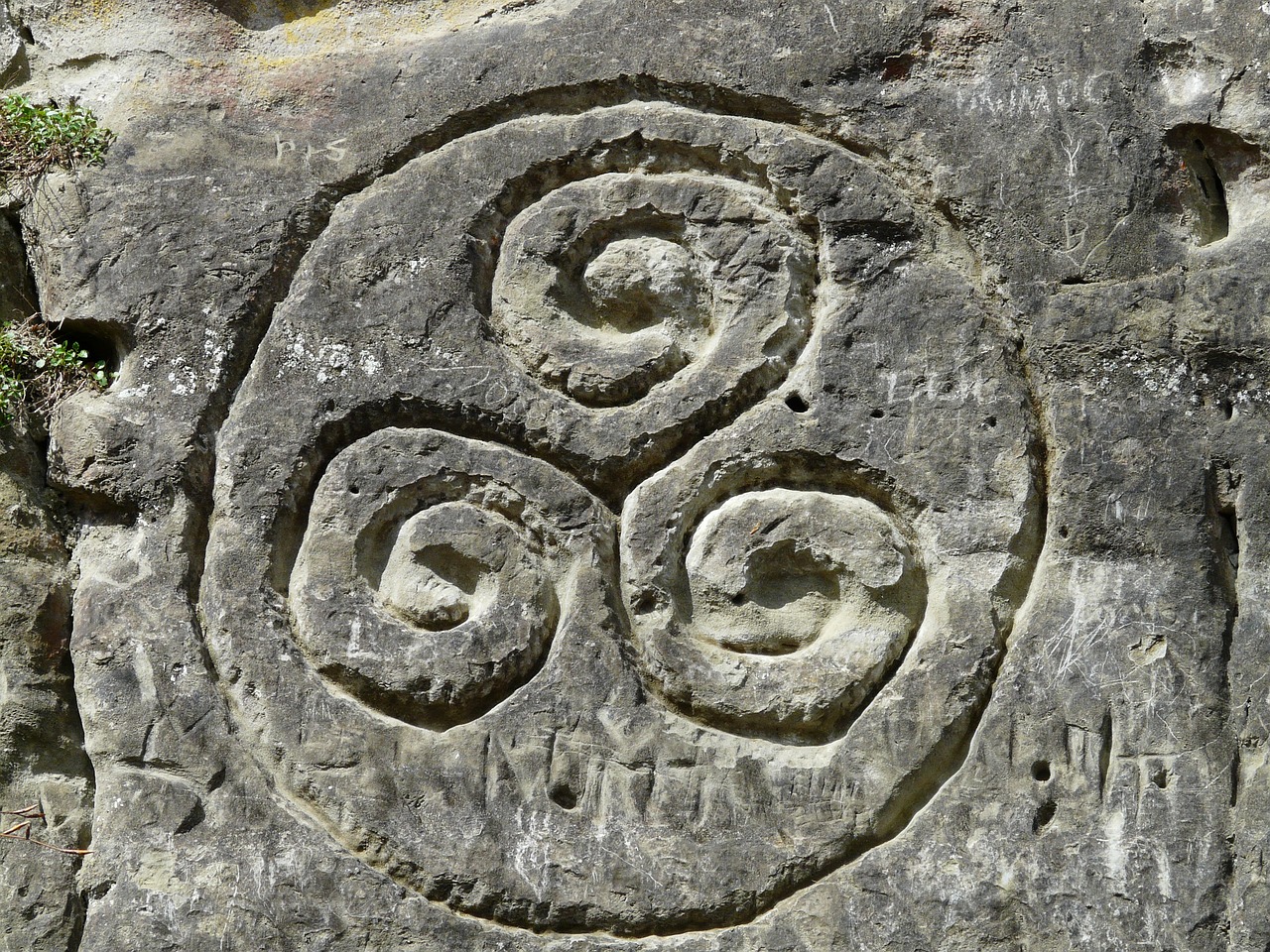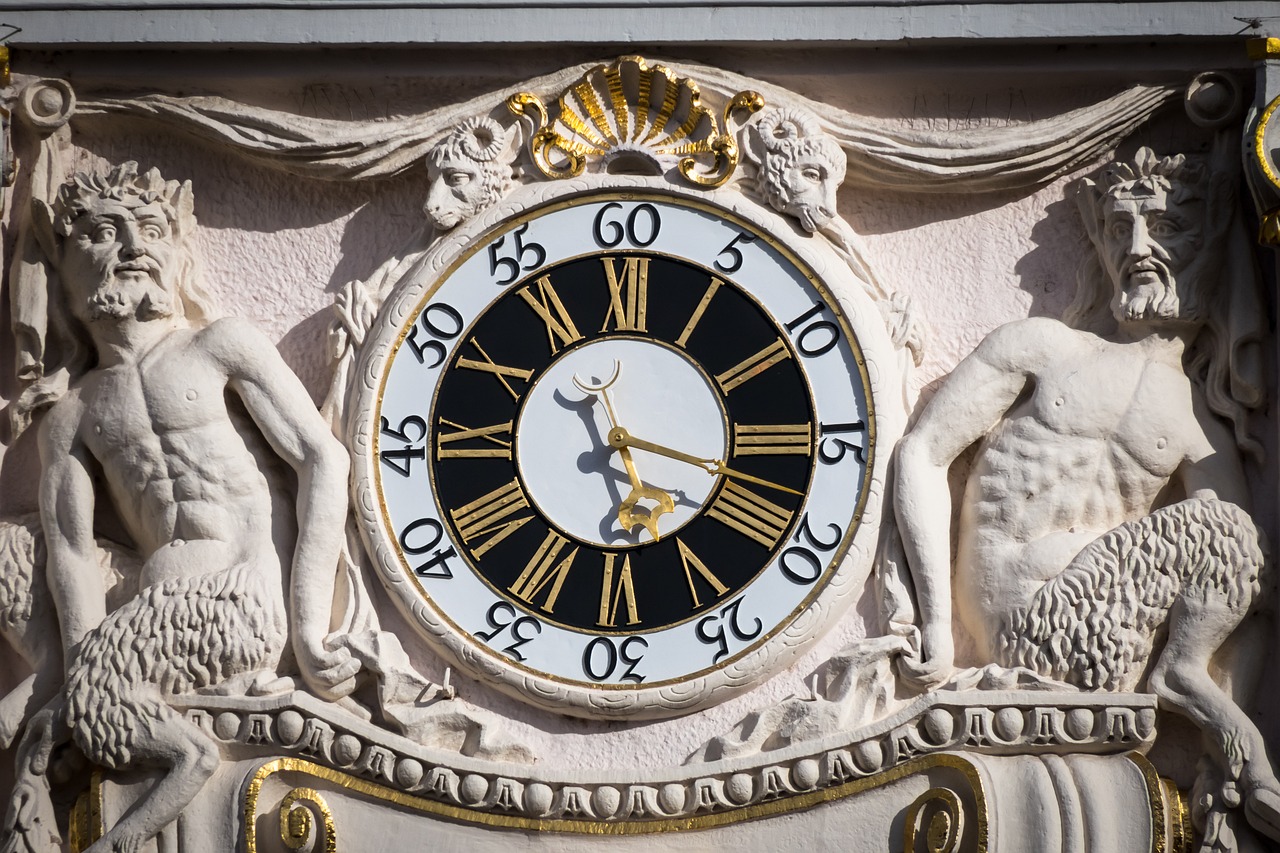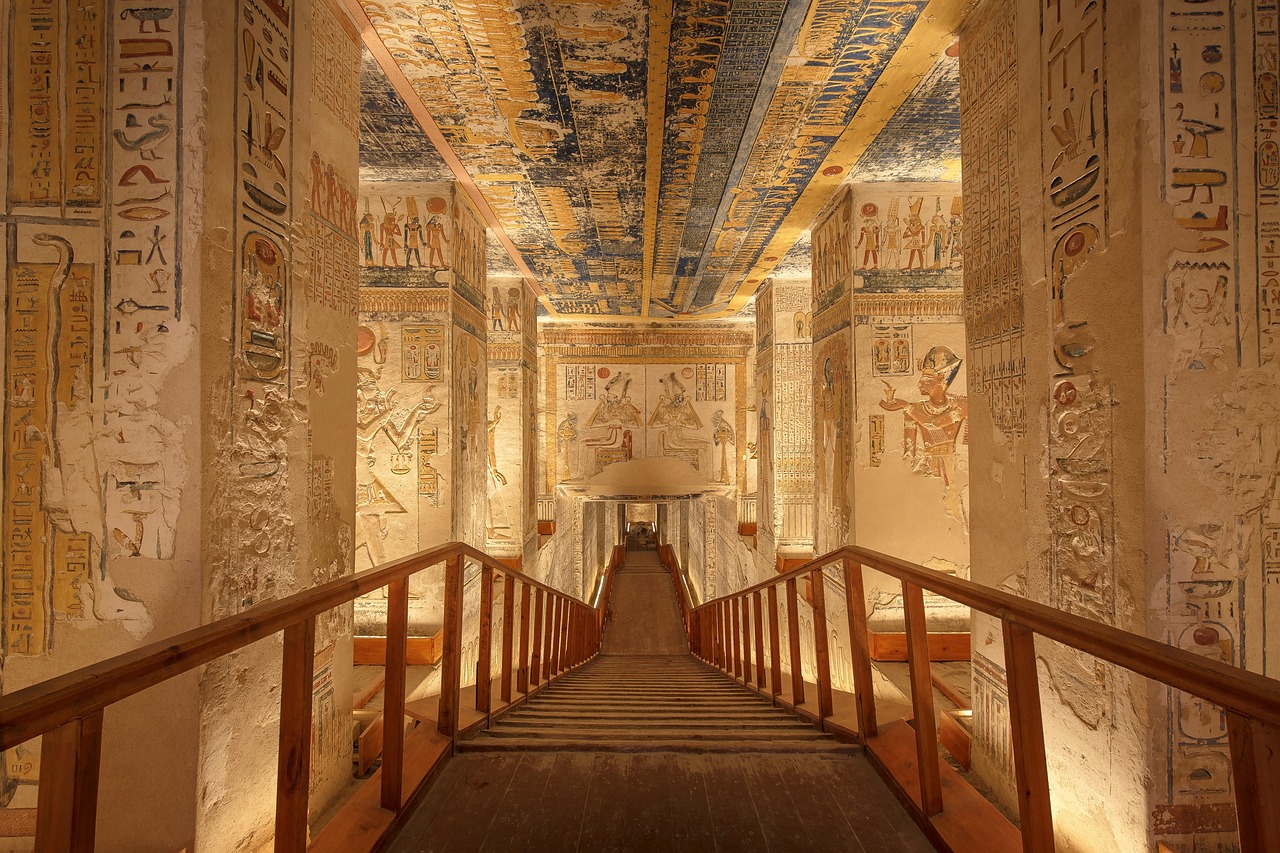-

Epona, a significant figure in Celtic mythology, embodies the deep connection between the Celts and horses. The etymology of her name highlights this bond, as “epos” denotes “horse” in Celtic. Epona serves as the goddess of mares and foals and is mentioned in ancient texts, such as Juvenal’s Satire, which illustrates her esteemed reputation in…
-

Athena, a prominent figure in Greek mythology, is celebrated as the protective goddess of cities, war, and practical wisdom, paralleling the Roman equivalent, Minerva. Her character embodies a harmonious balance between civilization and urban life, contrasting sharply with Artemis, who represents nature and the wilderness. Athena’s roots likely trace back to pre-Hellenic traditions before being…
-

Serqet, also known as Serket, Selket, or Selqet, was a prominent scorpion goddess in ancient Egyptian mythology. Generally recognized for her protective qualities, she also exhibited a more menacing aspect. Serqet was believed to have control over venomous creatures such as snakes and scorpions, much like the deities Meretseger and Isis. It was thought that…
-

Roman Religion: An Overview Roman religion, synonymous with Roman mythology, refers to the beliefs and practices held by the inhabitants of the Italian Peninsula from ancient times until Christianity emerged as the dominant faith in the 4th century CE, a period recognized as Classical antiquity. According to Cicero, a prominent Roman orator and politician, the…
-

In the Roman calendar, the yearly timeline included three distinctive days for each month: the Kalends, Nones, and Ides. The “Kalends” marked the beginning of the month, and this term is the root of the modern word “calendar”. The “Nones” signified earlier days within the month, tracing its origins to the word for “nine”, as…
-

Ancient Egyptian religion encompasses the intrinsic spiritual beliefs of ancient Egypt, stretching from the predynastic era (around the 4th millennium BCE) until the gradual decline of traditional customs in the early centuries of the Common Era. To grasp the historical context, a review of Egypt’s history is invaluable. Historical Context and Nature of Beliefs Religious…
-

Roman religion encompasses the beliefs, practices, and rituals practiced by the inhabitants of the Italian Peninsula from prehistoric times until the rise of Christianity in the 4th century CE, a period referred to as Classical antiquity. Cicero, the prominent orator and politician, asserted that the Romans excelled others due to their distinctive wisdom, acknowledging that…
-

The Significance and Evolution of Christian Faith Why is faith, known as pistis or fides in the classical languages, vital to Christians? What does it signify, and how was it practiced within early Christian communities? Are the concepts of Christian faith fundamentally different from the divine-human pistis/fides found in Greek, Roman religions, or ancient Judaism,…
-

The Lares, revered spirits of the deceased in ancient Roman culture, held a pivotal role in domestic worship. Their observance originated from the practice of interring ancestors within homes—a tradition that continued until disallowed by the Twelve Tables. Each household was assigned a lar familiaris, a protective spirit who safeguarded the family’s lineage. This figure,…
-

Terminus: The Roman Protector of Boundaries In Roman mythology, Terminus stands as the deity presiding over boundary markers that define the edges of properties and communities. The very name of Terminus derives from the Latin word for boundary stone, illustrating the explicit connection between the god and these significant markers. Romans considered the placement of…


